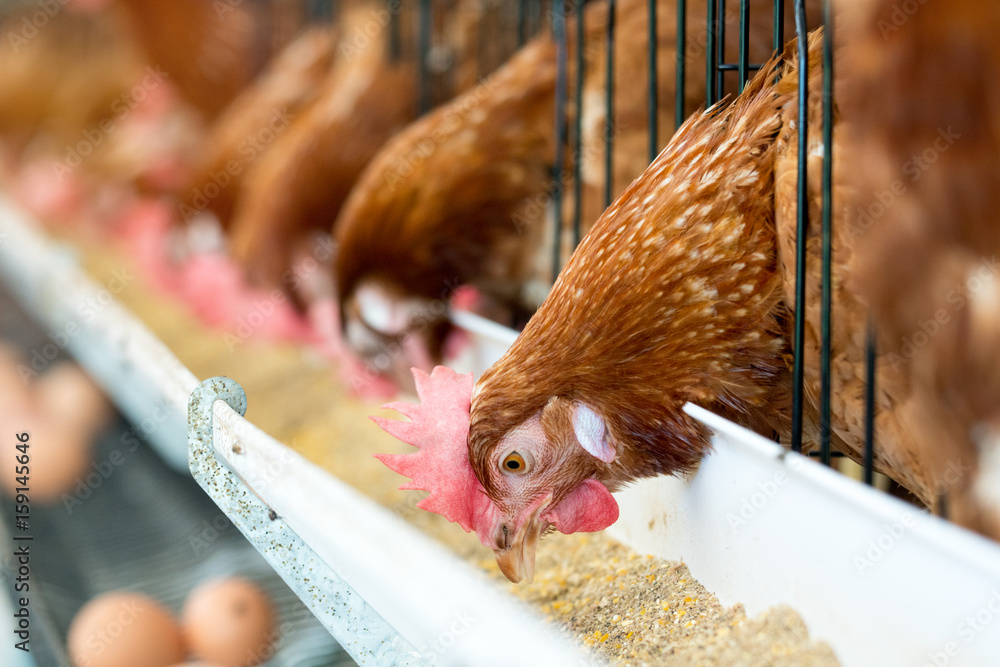- July 21, 2023
Kansas Conservation Series: Increasing Sustainability with a New Pathway
Washington, D.C. – U.S. Senator Roger Marshall, M.D. is continuing his conservation series highlighting Kansans’ voluntary efforts to take better care of the environment. Stories will be released throughout the 2023 Farm Bill legislative process.
“While we hold hearings for the 2023 Farm Bill, I want to highlight how hard Kansans work every day to protect our environment and conserve precious resources that our Ag economy needs to thrive. Kansas farmers, ranchers, growers, and producers are finding unique and practical ways to preserve our land and protect our water and air. Their efforts are worthy of everyone’s praise,” said Senator Marshall.
This week, I’m highlighting the fact that the government sometimes stands in the way of innovation in the conservation space. Livestock producers are constantly looking for products to increase the sustainability of their operations by boosting efficiency, lowering input costs, and decreasing by-products.
Unfortunately, the United States has an outdated, one-size-fits-all federal policy that requires millions of dollars in fees before these products can come to market. On the other hand, our global competitors have updated their policies and have their products on the market, being used by farmers, today.
For example, RONOZYME®WX is approved in the European Union for improved feed efficiency in chickens and pigs and increased egg production in laying hens, but not in the U.S. RONOZYME®WX is an enzyme that will increase the digestibility of and nutrient availability in corn, wheat, rye, triticale, barley, and grain milling byproducts, which results in improved efficiency of feed utilization, reduced feed costs, and improved weight gain ultimately leading to increased sustainability of the operation.
I have introduced a bill that creates a new regulatory pathway so that, this, and similar innovative substances, would have a more streamlined approval pathway in the US. This will put us on par with our competitors and continue to allow U.S. farmers and ranchers to build on the good conservation work they are doing every day.

